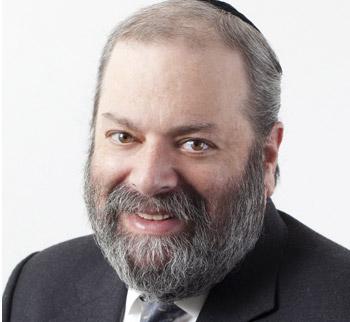In response to the terror attack on a Jerusalem synagogue that left five people dead and many more injured and fighting for their lives, the Centre for Israel and Jewish Affairs’ (CIJA) Canadian Rabbinic Caucus has organized a Solidarity Shabbat this week to give grieving Jews an outlet to unite in the face of terrorism.
“The level of angst, frustration and anger within the pro-Israel community has just been growing and growing in the face of the escalating violence that seems to driven from the top and executed at street level,” Shimon Fogel, CIJA’s CEO, said.
“Amongst ourselves, we were saying, ‘What can we do that is going to be a meaningful response?’ to give people a sense – not so much of comfort, but taking back control of the core elements of their identity that are being undermined and challenged and denied and dismissed by our adversaries.”
This Shabbat, Nov. 21-22, thousands of Jews in Canada and elsewhere will be taking part in the Solidarity Shabbat, and participants are being asked to do things including lighting extra candles to honour the memory of those murdered; inviting friends and family for a Shabbat meal and discussing the attack; and attending services at a local synagogue.
Synagogues are being asked to participate by dedicating a sermon, dvar Torah, or special lecture to the victims; joining together in a special Misheberach prayer for the wounded; and saying a special Kel Maleh Rachamim for those who were murdered.
“This has gained traction, not just here in Canada, but internationally and apparently it is resonating very strongly with communities globally. We are encouraged that we were able to offer an idea that speaks to people and gives them a sense of being able to affirm all those things that are critical to a sense of unity amongst the Jewish people,” Fogel said.
“World Jewish Congress has taken this on, Jewish Federations of North America has adopted it and is circulating it to their synagogue and rabbinical caucus, which has upwards of 2,500 congregations… This is simply to give people a chance to channel their emotions in as constructive and affirmative way as possible.”
Fogel said he is “delighted” that congregations around the world have chosen to participate.
“It has given them a sense of empowerment, of not being victims… This has proved to be, perhaps a symbolic, but nonetheless, important way to empower the community in the face of this escalating violence and terror.”
